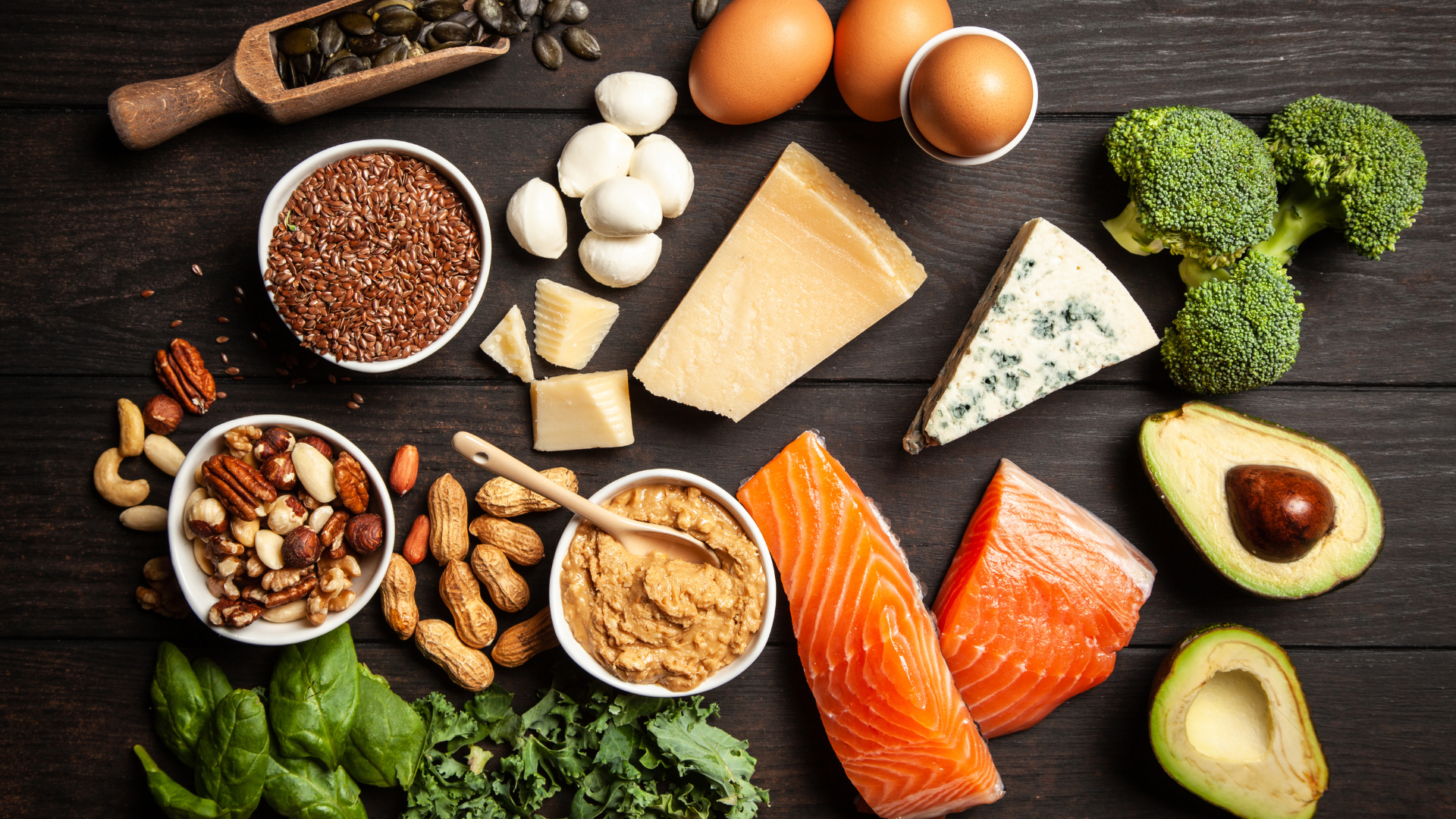Embarking on a keto diet journey is an exciting step towards improved health and vitality, but maintaining electrolyte balance is crucial to unlocking its full potential. As your body adapts to this low-carb lifestyle, ensuring an adequate intake of essential electrolytes like sodium, potassium, and magnesium becomes paramount for sustained energy and optimal performance. These vital minerals play a key role in preventing common pitfalls such as fatigue and muscle cramps, which can derail your progress. In this post, we'll explore the importance of electrolytes in keto nutrition, offering practical tips and effective supplements to keep you hydrated and thriving. Join us as we delve into keto hydration tips and discover how to maximize the benefits of your keto diet for a healthier, more balanced you.
Keto Diet Benefits and Challenges
The ketogenic diet offers numerous benefits, from weight loss to improved mental clarity. However, it also presents unique challenges, particularly in maintaining proper electrolyte balance. Let's explore the importance of electrolytes and essential keto nutrition.
Importance of Electrolytes
Electrolytes play a crucial role in the success of a keto diet. These minerals help maintain proper fluid balance, muscle function, and nerve signaling in the body. When transitioning to a low-carb, high-fat diet, the body's electrolyte needs change significantly.
On a keto diet, reduced insulin levels lead to increased sodium excretion through urine. This can result in a rapid loss of electrolytes, potentially causing symptoms known as the "keto flu." Common symptoms include headaches, fatigue, and muscle cramps.
Maintaining adequate electrolyte levels is essential for mitigating these side effects and ensuring optimal bodily functions. Proper electrolyte balance can help improve energy levels, mental clarity, and physical performance while on a ketogenic diet.
Keto Nutrition Essentials
A well-formulated ketogenic diet goes beyond just reducing carbohydrates and increasing fat intake. It requires careful attention to overall nutrition, including vitamins, minerals, and electrolytes.
Key components of keto nutrition include:
-
High-quality fats (e.g., avocados, olive oil, nuts)
-
Moderate protein from sources like meat, fish, and eggs
-
Low-carb vegetables rich in micronutrients
-
Adequate hydration and electrolyte supplementation
Balancing these elements helps ensure that the body receives all necessary nutrients while maintaining ketosis. Proper supplementation can fill potential nutritional gaps, especially in the early stages of keto adaptation.
Key Electrolytes for Keto Success
Understanding the role of specific electrolytes is crucial for maintaining health and performance on a ketogenic diet. Let's focus on the most important ones: sodium, potassium, and magnesium.
Sodium and Potassium
Sodium and potassium work in tandem to regulate fluid balance, nerve signals, and muscle contractions. On a keto diet, maintaining the right balance of these electrolytes is crucial for overall well-being.
Sodium becomes especially important on a keto diet due to increased excretion. Aim for 3,000-5,000 mg of sodium per day, which is significantly higher than the standard recommendation. Good sources include salt, bone broth, and pickled foods.
Potassium helps counterbalance sodium and is vital for heart health. While many high-potassium foods are high in carbs, keto-friendly sources include:
-
Avocados
-
Spinach
-
Salmon
-
Nuts and seeds
Balancing these two electrolytes can help prevent issues like muscle cramps, fatigue, and headaches commonly associated with the keto diet.
Magnesium for Keto
Magnesium is an often-overlooked but essential electrolyte for those following a ketogenic diet. This mineral plays a crucial role in over 300 enzymatic reactions in the body, including energy production, muscle and nerve function, and blood glucose control.
On a keto diet, magnesium becomes even more important as it can help:
-
Reduce muscle cramps and spasms
-
Improve sleep quality
-
Support insulin sensitivity
Good keto-friendly sources of magnesium include:
-
Spinach and other leafy greens
-
Pumpkin seeds
-
Almonds
-
Avocados
However, many people find it challenging to get enough magnesium from diet alone and may benefit from supplementation. Consult with a healthcare provider to determine the right magnesium supplement and dosage for your needs.
Tips for Maintaining Electrolyte Balance
Maintaining proper electrolyte balance is key to feeling your best on a ketogenic diet. Here are some practical tips for ensuring you're getting the right amount of these essential minerals.
Keto Hydration Tips
Staying hydrated on a keto diet involves more than just drinking water. It's about balancing fluid intake with electrolyte consumption to maintain optimal bodily functions.
-
Drink plenty of water: Aim for at least 8-10 glasses per day, more if you're active or in hot weather.
-
Add electrolytes to your water: Consider using sugar-free electrolyte powders or drops to enhance hydration.
-
Consume electrolyte-rich foods: Include foods like leafy greens, avocados, and nuts in your diet.
-
Monitor your urine color: Pale yellow urine indicates good hydration, while dark yellow suggests you need to drink more water.
Remember, thirst can sometimes be mistaken for hunger, so staying well-hydrated can also help manage cravings and support your keto journey.
Electrolyte Supplements
While getting electrolytes from whole foods is ideal, supplements can be a convenient and effective way to ensure you're meeting your needs on a keto diet.
Types of electrolyte supplements:
-
Powders
-
Tablets
-
Liquid concentrates
When choosing an electrolyte supplement, look for products that:
-
Contain sodium, potassium, and magnesium
-
Are sugar-free and low in carbs
-
Have minimal artificial ingredients
It's important to follow dosage instructions carefully and consult with a healthcare provider before starting any new supplement regimen. Some people may need to adjust their electrolyte intake based on individual factors like activity level, climate, and overall health status.
H2O Electrolytes™: Your Essential Keto Partner
On your keto journey, maintaining electrolyte balance is key to sustaining energy and avoiding "keto flu." H2O Electrolytes™ provides a convenient solution for your daily needs.
Formulated with sodium, potassium, and magnesium, H2O Electrolytes™ supports your ketogenic diet with a sugar-free, low-carb formula that fits easily into your routine.
Whether you're a keto beginner or expert, H2O Electrolytes™ enhances your energy and performance. This supplement is your tool for optimal health on your keto path.
With H2O Electrolytes™, achieving a healthier, more energetic you is within reach. Here's to your keto success!

